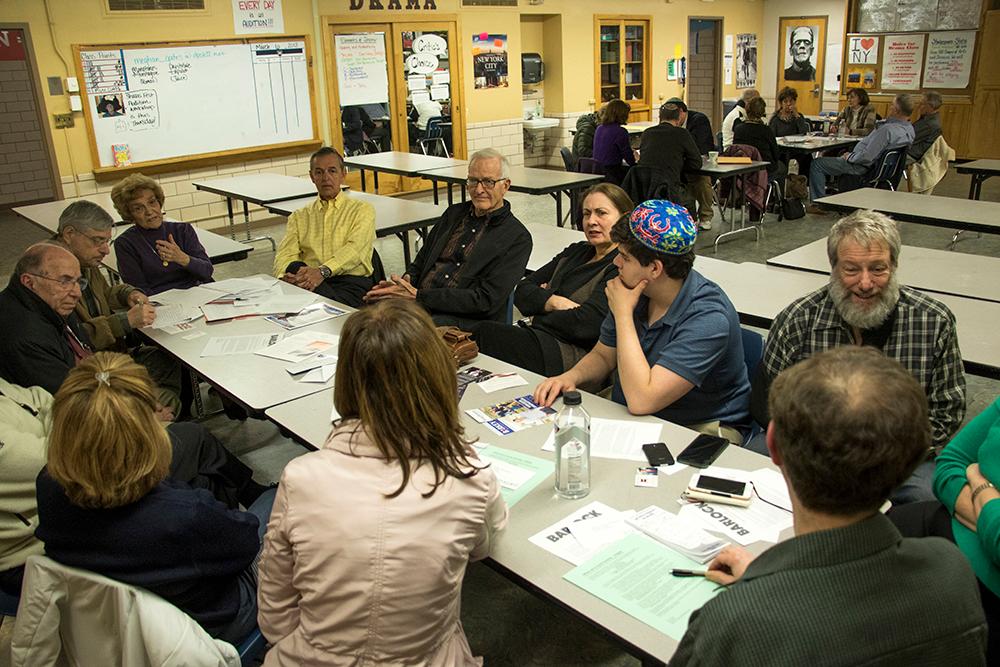
State lawmakers are racing to pass a law that would allow the Democratic and Republican parties to change the political assemblies and conventions that are scheduled tightly through the next five weeks.
Modifying the law that governs the events is one of the most urgent priorities for state lawmakers as COVID-19 threatens to pause lawmaking at the Colorado State Capitol.
The parties “don’t want to meet in really large groups, but if they don’t do that, they’re violating law,” said House Speaker KC Becker. “The question was, could we make a really quick legal change? To pass any bill takes a minimum of three days.”
The lawmakers want to move fast on this bill -- perhaps even working into the weekend -- so that it can become law quickly, should legislative leaders move to suspend the session. Becker stressed that no decision has been made about halting the legislature. Later in the day, House Majority Leader Alec Garnett acknowledged that it seems inevitable the Capitol will temporarily close.
Other major priorities are still outstanding at the legislature, most notably the state budget, but few of them are so simple and yet time-sensitive as the political assemblies question.
High-ranking leaders from both parties introduced a bill on the topic Thursday afternoon. It was sponsored by the majority and minority leaders in both chambers. They hope to finish it within three days, Becker said.
“So guys, we think if we recess, it’s not going to be before three days,” Becker told reporters Thursday morning.
The law would allow the parties to slightly delay their state assemblies. More importantly, it would temporarily allow delegates to attend the meetings by email, mail, telephone or digital applications. It also would allow the parties to hold the assemblies even if they don't have a quorum.
Going into recess without changing the law would leave the political parties with few options for the local and state-level gatherings they rely on to help select primary candidates and set their platforms for the upcoming elections.
The parties are largely locked into their schedule and format by state law, which doesn’t allow much leeway to make changes so late in the process. Perhaps most notably, without the current bill neither party has the option of remote or virtual meetings.
“The health and safety of all Coloradans and our party members comes first. We are moving ahead and planning our county assemblies and state assemblies as if they can be done normally, but working to build offramps in the case that the outbreak gets worse and we’re not able to meet in person,” said Lx Fangonilo, executive director of the state GOP.
“We’re going to provide every option we can to get this process done and fulfill our duty of putting Republican candidates on the ballot.”
The political parties began their caucus-and-assembly process last week with caucus meetings Saturday that drew thousands of people, though turnout was relatively low. The county meetings begin this weekend with a few assemblies in smaller counties. But that schedule accelerates in the following weeks, culminating in state conventions attended by thousands of delegates scheduled for April 18.
“We have spoken with legislative leaders and the governor’s office about what can be done legally to give us as a party the option to change dates, vote remotely, or even vote by mail-in ballots. We will be monitoring the best data and health practices available daily to help guide the best decisions possible under the circumstances. We will get through this together,” said Morgan Carroll, state Democratic chair, in a written statement.
Under current law, the county assemblies must be finished by April 1 and the state meetings held no later than April 18, according to the Secretary of State’s office.








